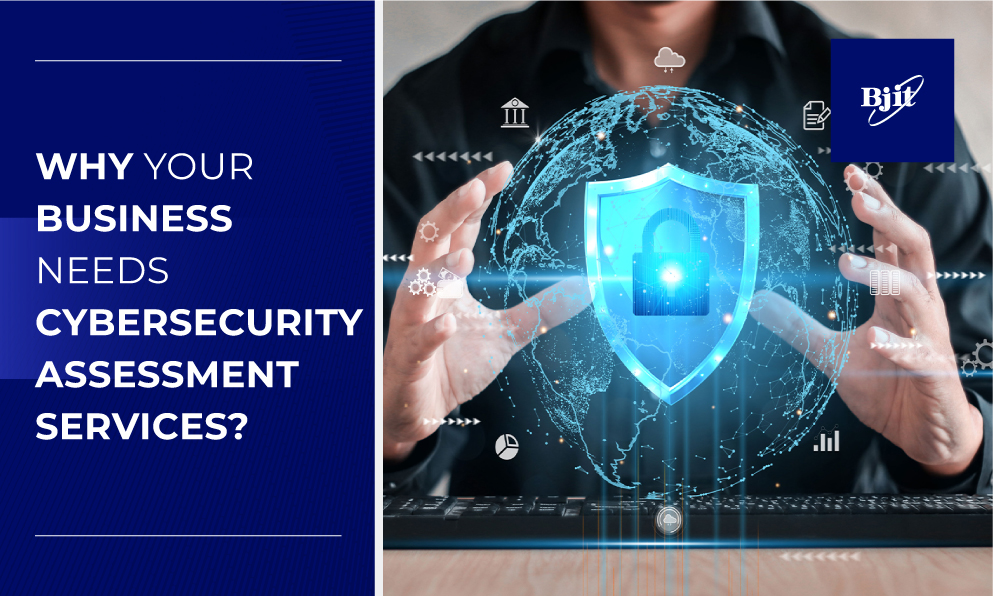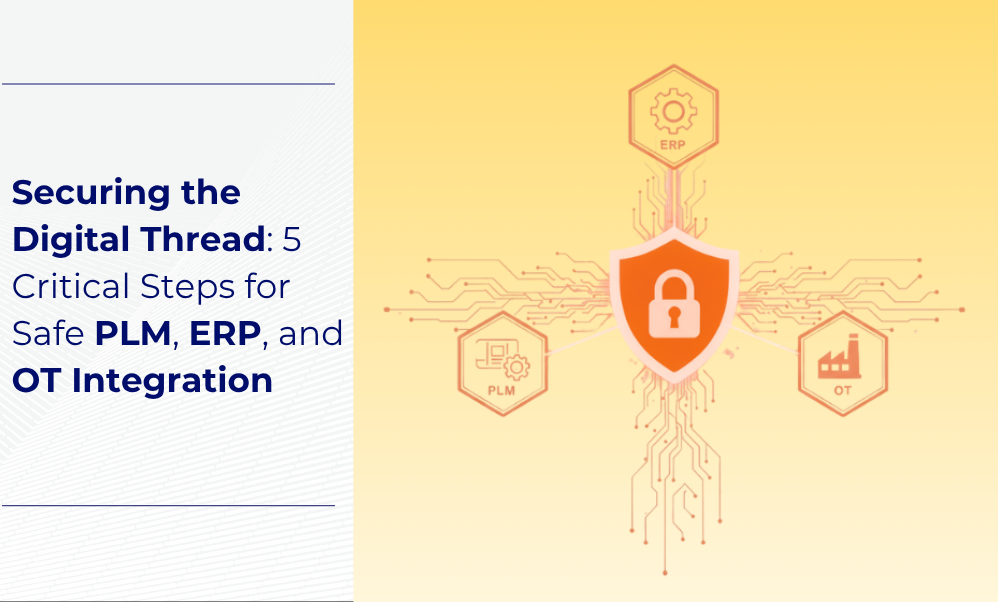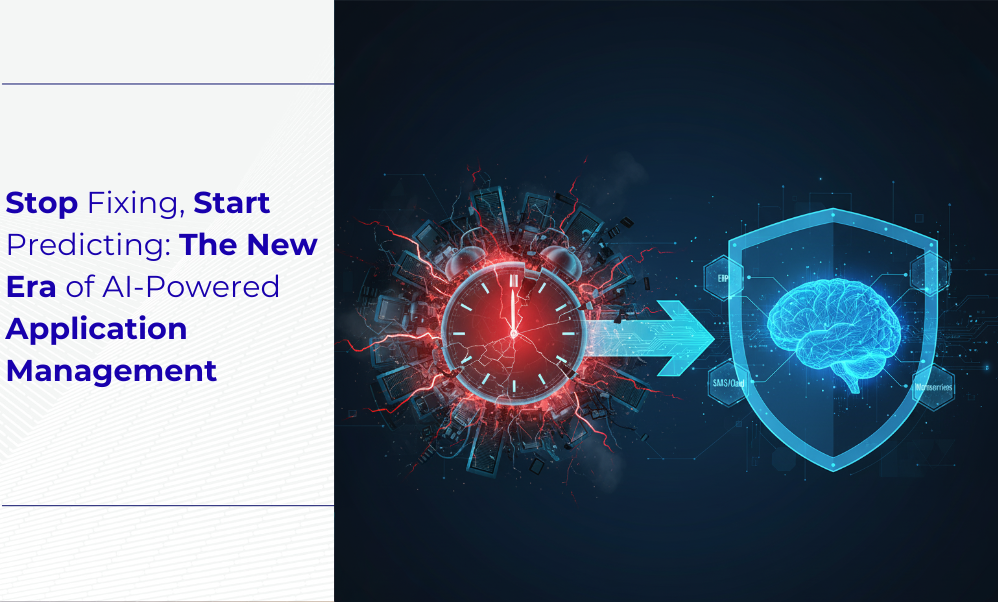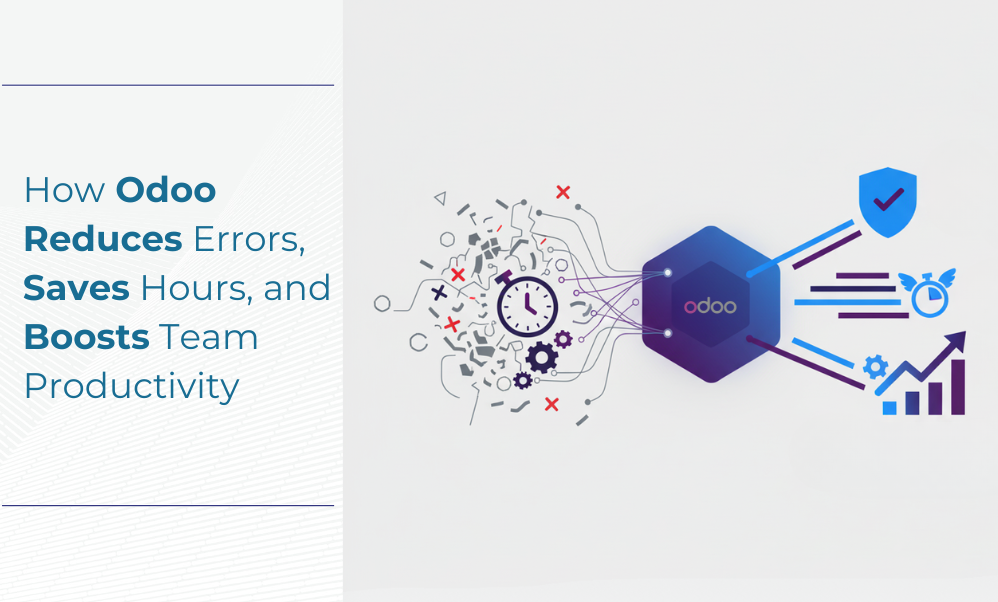Cyber threats are more prevalent than ever. Businesses of all sizes are prime targets for hackers, making cybersecurity assessment services essential. Without a robust strategy, your organization risks data breaches, financial losses, and reputational damage.
Cybersecurity assessments identify vulnerabilities, implement safeguards, and ensure compliance with industry standards, protecting your business's critical assets. Investing in these services is no longer optional; it's a necessity for thriving in the digital era.
In addition to safeguarding your assets, cybersecurity assessments also help you stay ahead of emerging threats. By proactively addressing weaknesses, businesses can maintain operational efficiency, avoid downtime, and protect their customers' trust.
Whether you run a small business or a global enterprise, the importance of these services cannot be overstated.
Understanding Cybersecurity Assessment Services
What Are Cybersecurity Assessment Services?
Cybersecurity assessment services involve a comprehensive evaluation of your IT infrastructure to identify vulnerabilities, assess risks, and recommend actionable solutions. These services cover areas such as:
- Network Security: Assessing firewalls, routers, and switches for potential vulnerabilities.
- Application Security: Ensuring web and mobile applications are secure from exploits.
- Endpoint Protection: Evaluating devices such as laptops, smartphones, and IoT devices for risks.
- Cloud Security: Reviewing cloud-based systems for compliance and security gaps.
- Compliance Audits: Verifying adherence to regulations like GDPR, HIPAA, and CCPA.
By leveraging advanced tools like Nessus, Qualys, and Metasploit, cybersecurity professionals uncover potential weaknesses and create a roadmap to enhance your defense mechanisms. Additionally, these assessments often include phishing simulations and user awareness training to address human vulnerabilities.
Why Are They Critical?
Cyberattacks are escalating in sophistication and frequency. Recent studies show that businesses face a cyberattack every 39 seconds, with small businesses accounting for 43% of all attacks (source). Cybersecurity assessments are crucial for:
- Risk Identification: Pinpointing potential vulnerabilities before hackers exploit them.
- Compliance Assurance: Ensuring adherence to standards like GDPR, HIPAA, and ISO 27001 to avoid legal and financial repercussions.
- Cost Savings: Preventing costly breaches, which averaged $4.45 million globally in 2023.
- Reputation Management: Protecting your brand by avoiding publicized breaches that erode customer trust.
Furthermore, these assessments provide detailed reports and actionable insights, enabling organizations to prioritize and address the most pressing security concerns.
Key Components of Cybersecurity Assessments
1. Vulnerability Assessment
This involves scanning your systems to identify weaknesses that attackers could exploit. Tools like OpenVAS, Burp Suite, and Tenable.io are commonly used to detect:
- Misconfigured servers
- Outdated software
- Weak passwords
- Open ports
Vulnerability assessments provide a snapshot of your security posture, highlighting areas that require immediate attention.
2. Penetration Testing
Penetration testing simulates real-world attacks to test your defenses. Experts use frameworks like OWASP and NIST to attempt to breach your systems, providing insights into areas that need improvement. This step often includes social engineering tactics to test employee awareness and adherence to security protocols.
3. Compliance Audits
Regulatory compliance is non-negotiable. A cybersecurity assessment ensures your practices align with legal requirements, avoiding hefty fines and penalties. For example, PCI DSS compliance is essential for businesses handling payment card information, while healthcare organizations must adhere to HIPAA standards.
4. Risk Analysis
Risk analysis prioritizes vulnerabilities based on potential impact and likelihood, enabling you to allocate resources effectively. This process involves:
- Assessing the likelihood of an attack
- Evaluating the potential damage
- Identifying critical assets
By quantifying risks, businesses can make informed decisions about security investments.
Benefits of Cybersecurity Assessment Services
Enhanced Protection
Cybersecurity assessments proactively shield your organization from threats. By identifying vulnerabilities and implementing robust security measures, you significantly reduce the risk of data breaches. For instance, identifying and addressing a misconfigured server can prevent unauthorized access to sensitive information.
Regulatory Compliance
Non-compliance can lead to severe penalties. For example, GDPR violations can cost up to €20 million or 4% of annual global turnover. A cybersecurity assessment ensures adherence to such regulations, safeguarding your business. Compliance also builds trust with customers and stakeholders, demonstrating your commitment to protecting their data.
Improved Business Continuity
A strong cybersecurity framework minimizes disruptions caused by cyber incidents. This ensures seamless operations and maintains customer trust. For example, implementing a robust incident response plan as part of your cybersecurity strategy can significantly reduce downtime in the event of an attack.
Cost Efficiency
Investing in cybersecurity assessment services is more cost-effective than dealing with the aftermath of a breach. Studies show that companies save an average of $1.4 million annually when implementing proactive cybersecurity measures. Additionally, assessments help businesses avoid indirect costs such as loss of customer trust and legal fees.
Competitive Advantage
A strong cybersecurity posture can differentiate your business in a crowded market. Customers and partners are more likely to trust and engage with organizations that prioritize cybersecurity.
How BJIT’s Cybersecurity Services Can Help
BJIT offers world-class cybersecurity assessment services tailored to meet your business's unique needs. Our approach includes:
- Comprehensive Assessments: Using advanced tools and frameworks to uncover vulnerabilities.
- Expert Recommendations: Providing actionable insights to fortify your defenses.
- Customized Solutions: Crafting security measures that align with your business objectives.
- Ongoing Support: Ensuring continuous improvement and compliance through regular assessments and updates.
BJIT’s team of certified cybersecurity experts leverages cutting-edge technologies to deliver reliable and effective solutions. From startups to Fortune 500 companies, our services are designed to protect businesses across various industries.
Steps to Get Started with Cybersecurity Assessments
1. Identify Your Needs
Assess your current security posture to determine the scope of the assessment. Consider factors such as industry regulations, data sensitivity, and existing security measures. This step may involve conducting a preliminary self-assessment or consulting with a cybersecurity expert.
2. Choose a Trusted Partner
Select a reputable provider like BJIT, which is known for delivering top-notch cybersecurity assessment services globally. Look for certifications such as CISSP, CISM, and CEH to ensure credibility and expertise.
3. Implement Recommendations
Act on the findings of your assessment. This may include patching vulnerabilities, upgrading systems, or training employees. For example, if weak passwords are identified as a risk, implementing multi-factor authentication can enhance security.
4. Regular Monitoring and Updates
Cyber threats evolve constantly. Schedule periodic assessments to stay ahead of emerging risks. Consider adopting a Security Information and Event Management (SIEM) system for real-time threat monitoring and response.
5. Foster a Security-Aware Culture
Educate employees about cybersecurity best practices. Regular training sessions and phishing simulations can significantly reduce human errors that lead to breaches.
Frequently Asked Questions
What industries benefit most from cybersecurity assessments?
These services benefit industries handling sensitive data, such as finance, healthcare, and e-commerce. However, every business with an online presence can benefit. Cybercriminals are also increasingly targeting sectors like manufacturing and education.
How often should businesses conduct cybersecurity assessments?
It’s recommended that assessments be conducted annually or after significant changes to the IT environment. However, businesses in high-risk industries may need more frequent evaluations.
What’s the difference between a vulnerability assessment and penetration testing?
Vulnerability assessments identify weaknesses, while penetration testing actively exploits these vulnerabilities to gauge their impact. Both are essential components of a comprehensive cybersecurity strategy.
Can small businesses afford cybersecurity assessments?
Yes, with flexible packages and scalable solutions, even small businesses can protect themselves without breaking the bank. Many providers offer tailored services to meet the needs of smaller organizations.
How long does a cybersecurity assessment take?
The duration varies based on the complexity of your IT environment. A basic assessment may take a few days, while a detailed evaluation can span several weeks.
Conclusion
The cost of neglecting cybersecurity is too high to ignore. By investing in cybersecurity assessment services, you can protect your business from evolving threats and gain peace of mind knowing your digital assets are secure. These services ensure compliance with ever-changing regulations, fortify your defenses against data breaches, and strengthen your organization’s overall security posture.
A robust cybersecurity strategy doesn’t just protect—it empowers your business to operate confidently in the digital landscape. By partnering with experts like BJIT, you gain access to cutting-edge tools, industry expertise, and tailored solutions that address your unique needs.
Don’t wait until a breach disrupts your operations or damages your reputation. Take the proactive step to secure your business today and build a resilient foundation for future growth.











